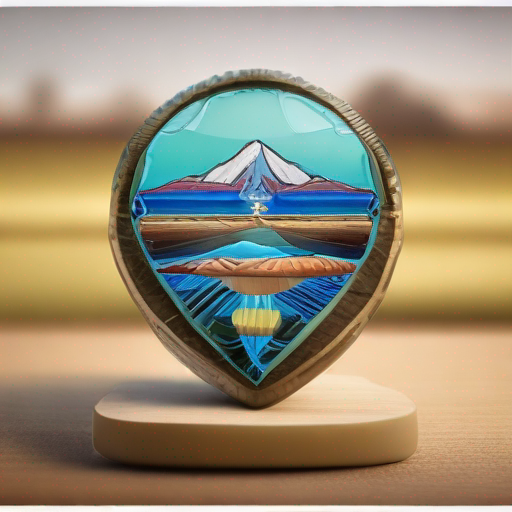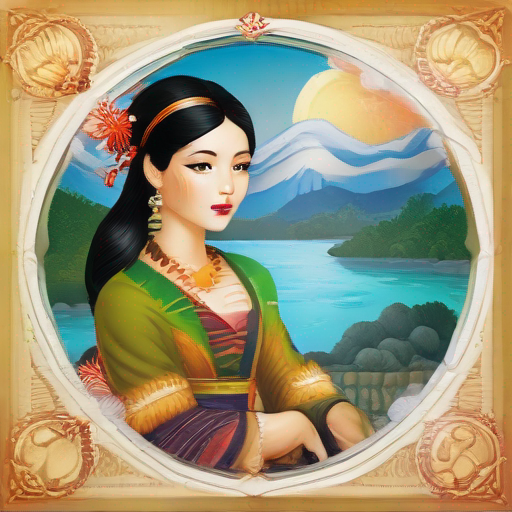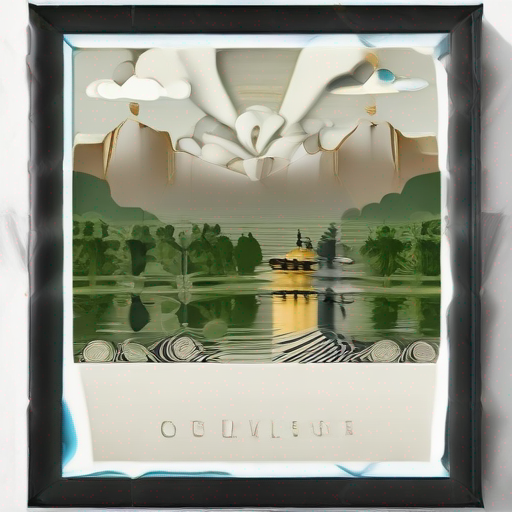
Traditional Zuni Jewelry: Ancient Techniques Meet Modern Style
Traditional Zuni jewelry has been a staple of Native American culture for centuries, with each piece telling a story of its own. The Zuni people have been perfecting their craft since the 13th century, and today, their intricate designs and techniques continue to captivate audiences worldwide.
The art of traditional Zuni jewelry-making is not just about creating beautiful pieces; it's an integral part of Zuni culture and identity. Each piece is imbued with spiritual significance, often representing a specific moment in time or telling a story of the wearer's journey.
Ancient Techniques
Zuni jewelry-makers have honed their skills over generations, perfecting techniques passed down from their ancestors. The process begins with selecting the finest materials – silver, turquoise, and other stones are particularly prized for their beauty and spiritual significance.
To craft each piece, Zuni artisans employ ancient techniques, such as:
- Stamping: Using tiny tools to stamp intricate designs onto metal or stone
- Carving: Sculpting shapes from materials like turquoise or coral
- Beading: Weaving threads of silver or gold into intricate patterns
These traditional methods require patience, skill, and attention to detail. Each piece is a testament to the artisan's dedication and craftsmanship.
Modern Twist
While traditional techniques remain at the heart of Zuni jewelry-making, modern designs have emerged to complement the classic styles. Contemporary Zuni artists are experimenting with new materials, colors, and themes, blending traditional methods with fresh inspiration.
For example, some Zuni artisans now incorporate recycled materials, such as old guitar strings or vintage brooches, into their designs. This fusion of old and new creates unique pieces that resonate with a wider audience.
Cultural Significance
Traditional Zuni jewelry is more than just a beautiful adornment; it holds deep cultural significance. Each piece is often associated with a specific occasion, such as a wedding or coming-of-age ceremony. The jewelry serves as a symbol of the wearer's status within their community and tells a story about their journey.
In this sense, traditional Zuni jewelry transcends mere aesthetics, becoming an integral part of the wearer's identity and heritage.
FAQs
Q: What makes traditional Zuni jewelry unique?
A: The combination of ancient techniques, high-quality materials, and spiritual significance sets traditional Zuni jewelry apart from other types of Native American jewelry.
Q: How do I care for my traditional Zuni jewelry?
A: Handle your piece with care, avoiding harsh chemicals or excessive wear. For more information on cleaning and maintaining your jewelry, consult the manufacturer's guidelines.
Key Takeaways
- Traditional Zuni jewelry is a blend of ancient techniques and modern design
- Each piece has spiritual significance, telling a story about its wearer
- Contemporary Zuni artists are experimenting with new materials and themes
Table: Types of Traditional Zuni Jewelry
| Type | Description |
|---|---|
| Pendants | Suspended from a chain or worn as a brooch |
| Earrings | Dangling or stud-style |
| Necklaces | Worn around the neck, often featuring pendants or charms |
| Rings | Adorned with stones or metalwork |
| Brooches | Decorative pins used to fasten clothing |
Explore More:
Want to learn more about traditional Zuni jewelry? Check out this informative article on traditional zuni jewelry and discover the rich cultural heritage behind these stunning pieces.
By combining ancient techniques with modern style, traditional Zuni jewelry has become a true masterpiece of Native American craftsmanship. Whether you're drawn to the intricate designs or the spiritual significance, there's no denying the allure of these exquisite pieces.








